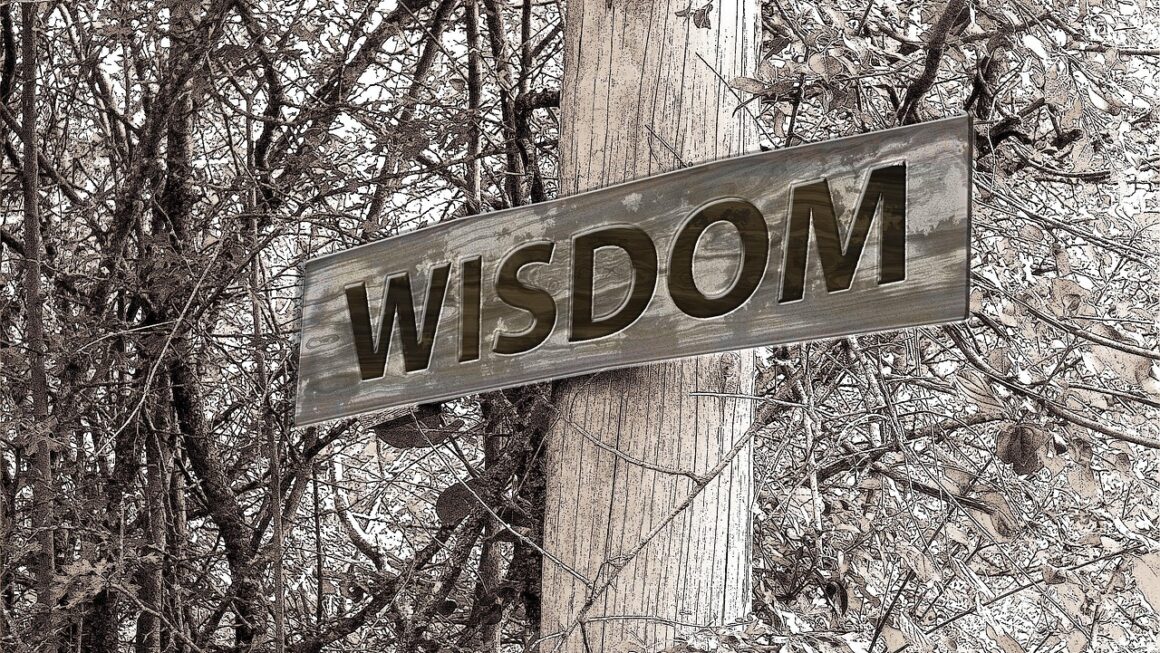The pursuit of knowledge should not be limited by financial constraints. In an increasingly interconnected world, access to free education is no longer a utopian dream but a growing reality, driven by technological advancements, innovative pedagogical approaches, and a collective commitment to democratizing learning. This blog post explores the diverse landscape of free educational opportunities available today, offering insights into how you can leverage these resources to achieve your personal and professional goals.
The Rise of Open Educational Resources (OER)
Understanding OER
Open Educational Resources (OER) are teaching, learning, and research materials that are in the public domain or have been released under an open license that permits no-cost access, use, adaptation, and redistribution by others. Think of them as building blocks for a free education.
- Key Features of OER:
Available at no cost.
Openly licensed (e.g., Creative Commons licenses).
Adaptable and customizable to suit individual learning needs.
Cover a wide range of subjects and disciplines.
- Examples of OER Initiatives:
MIT OpenCourseWare: Provides free access to lecture notes, videos, and assignments from MIT courses.
OpenLearn (The Open University): Offers free courses and resources from The Open University.
OER Commons: A digital library of OER, providing a central access point for finding and using open educational materials.
- Actionable Takeaway: Explore OER repositories like OER Commons to discover free resources relevant to your field of study or career aspirations. Consider adapting and remixing existing OER to create personalized learning materials.
Benefits of Utilizing OER
OER offer numerous advantages for learners of all backgrounds:
- Cost Savings: Eliminates the need to purchase expensive textbooks and other course materials.
- Flexibility and Accessibility: Allows learners to access materials anytime, anywhere, and on any device.
- Customization and Adaptation: Enables learners to tailor materials to their individual learning styles and needs.
- Collaboration and Sharing: Fosters a collaborative learning environment where learners can share and contribute to OER.
Free Online Courses and Platforms
MOOCs: Democratizing Higher Education
Massive Open Online Courses (MOOCs) have revolutionized the landscape of online education, providing free or low-cost access to university-level courses from leading institutions around the world.
- Popular MOOC Platforms:
Coursera: Offers courses, Specializations, and degrees from top universities and organizations. Many courses are available for free auditing.
edX: Founded by Harvard and MIT, edX provides access to courses from renowned universities and institutions. Free auditing is available for many courses.
Khan Academy: Provides free educational resources for K-12 education, covering subjects like math, science, and humanities.
Udacity: Focuses on technology and career-focused courses, often in collaboration with industry partners. Some courses offer free access.
- Practical Tips for MOOC Success:
Choose courses aligned with your interests and goals.
Set realistic learning goals and create a study schedule.
Actively participate in discussion forums and engage with fellow learners.
Take advantage of free resources and support materials offered by the platform.
- Actionable Takeaway: Browse MOOC platforms to identify courses that align with your learning objectives. Take advantage of free auditing options to explore course content before committing to a paid certificate.
Beyond MOOCs: Other Free Learning Platforms
While MOOCs are a prominent form of free online education, several other platforms offer valuable learning resources:
- YouTube: A vast repository of educational videos, tutorials, and lectures. Search for specific topics or channels related to your interests.
- Codecademy: Offers free interactive coding courses in various programming languages.
- Duolingo: Provides free language learning courses through gamified lessons.
- Skillshare: While Skillshare operates on a subscription model, they often offer free classes and trials.
- Internet Archive: A digital library offering free access to books, movies, music, and archived websites.
- Actionable Takeaway: Leverage platforms like YouTube and Codecademy to acquire new skills or deepen your knowledge in specific areas.
Government-Funded Educational Programs
Opportunities for Public Education
Many countries offer free or heavily subsidized public education programs at various levels, from primary and secondary education to vocational training and higher education.
- K-12 Public Schools: Government-funded schools that provide free education to students in primary and secondary grades.
- Community Colleges: Two-year colleges that offer affordable tuition rates and a wide range of academic and vocational programs. Many community colleges have programs for free tuition for qualifying students.
- Financial Aid and Scholarships: Government-sponsored financial aid programs, such as grants and student loans, can help students cover the cost of higher education. Scholarships offered by private organizations and universities can also reduce tuition fees.
- Example: In many European countries, higher education at public universities is free or heavily subsidized for domestic and EU students.
- Actionable Takeaway: Research government-funded educational programs available in your country or region. Explore financial aid and scholarship options to make higher education more affordable.
Vocational Training and Apprenticeships
Government-funded vocational training programs and apprenticeships offer valuable opportunities to acquire job-specific skills and gain practical experience.
- Vocational Schools: Provide training in specific trades or industries, such as automotive repair, culinary arts, and healthcare.
- Apprenticeships: Combine on-the-job training with classroom instruction, allowing apprentices to earn a wage while learning a skilled trade.
- Benefits of Vocational Training and Apprenticeships:
Acquire marketable skills that are in high demand.
Gain practical experience in a real-world work environment.
Earn a wage while learning.
* Increase employment prospects.
- Actionable Takeaway: Explore government-funded vocational training programs and apprenticeships in your area. Consider pursuing a skilled trade that aligns with your interests and career goals.
Leveraging Libraries and Community Resources
Libraries: Gateways to Knowledge
Public libraries are valuable community resources that offer a wide range of free educational opportunities.
- Free Access to Books and Other Materials: Libraries provide free access to a vast collection of books, magazines, journals, and multimedia resources.
- Computer and Internet Access: Libraries offer free computer and internet access, allowing individuals to conduct research, access online courses, and develop digital literacy skills.
- Workshops and Classes: Libraries often host free workshops and classes on various topics, such as computer skills, financial literacy, and career development.
- Example: Many libraries offer free access to online learning platforms like Lynda.com (now LinkedIn Learning) through their subscription services.
- Actionable Takeaway: Visit your local library and explore the resources and programs available. Take advantage of free computer and internet access to pursue online learning opportunities.
Community Centers and Adult Education Programs
Community centers and adult education programs offer a variety of free or low-cost educational opportunities for adults.
- GED Preparation Classes: Help individuals prepare for the General Educational Development (GED) exam, which is equivalent to a high school diploma.
- ESL Classes: Provide English language instruction for non-native speakers.
- Job Training Programs: Offer training in specific skills or industries to help individuals find employment.
- Personal Enrichment Classes: Cover a wide range of topics, such as art, music, and fitness.
- Actionable Takeaway: Contact your local community center or adult education program to inquire about free or low-cost educational opportunities in your area.
Conclusion
Free education is no longer a distant aspiration but an increasingly accessible reality. By embracing the opportunities presented by OER, MOOCs, government-funded programs, libraries, and community resources, individuals can unlock their full potential and achieve their educational goals without being burdened by financial barriers. It requires proactivity, dedication, and a willingness to explore the diverse learning pathways available. The keys to knowledge are often free; it’s up to you to reach out and grasp them.




